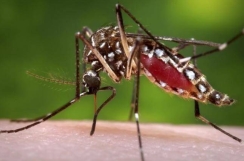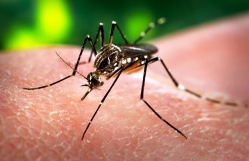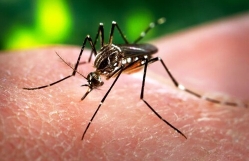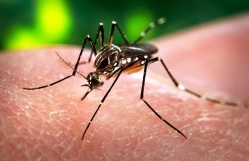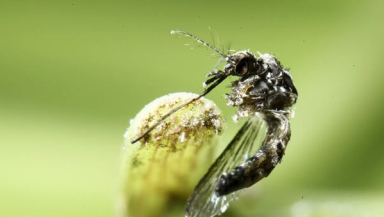
The world is not getting any closer to stopping the spread of the brain-deforming Zika virus, which has already infected thousands of babies and pregnant women around the world, mostly in South America and specifically in Brazil.
Senior medical experts warned over the weekend that the ghastly virus carried by mosquitoes could pose a bigger threat to the world compared to the Ebola epidemic, which killed more than 11,000 people in African nations.
Jeremy Farrar, head of Wellcome, explained that the Zika virus is more difficult to contain because infected persons do not exhibit any immediate symptoms.
"In many ways the Zika outbreak is worse than the Ebola epidemic of 2014-15. Most virus carriers are symptomless," Farrar told The Mirror.
The medical expert added that the Zika virus targets more vulnerable groups: expectant moms and children in their wombs.
"It is a silent infection in a group of highly vulnerable individuals – pregnant women – that is associated with a horrible outcome for their babies," he added.
True enough, Colombia's national health institute reported last Saturday that 2,100 pregnant women have already been infected by the Zika virus.
Dr. Anthony Fauci, director of the U.S. National Institutes of Health's National Institute of Allergy and Infectious Diseases, also warned Americans of possible outbreaks of the Zika virus.
"We will see mini-outbreaks like in Florida and in Texas that can be well controlled with mosquito vector control," Fauci told CBS News.
He also said the Zika virus outbreak is already a pandemic.
"You have multiple countries in South America and in the Caribbean, so by anybody's definition that would be considered a pandemic," Fauci said.
The World Health Organisation (WHO) earlier projected that the Zika virus could infect 4 million people by the end of the year, since it is already "spreading explosively" at present.
The Zika virus is transmitted through the Aegis aegypti mosquito, which also carries dengue and yellow fevers.
A report from The Mirror said genetically modified mosquitoes could be blamed for the spread of the Zika virus.










